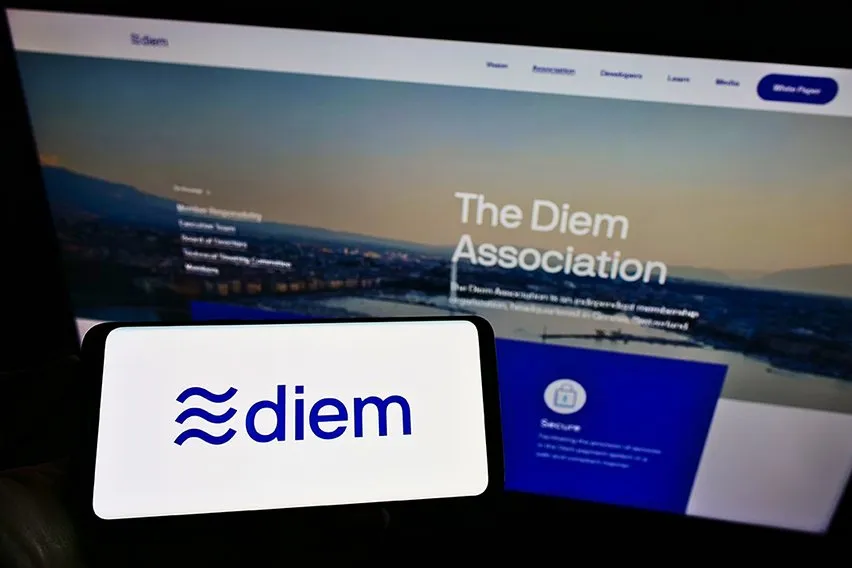What Is Per Diem? Everything You Need to Know

In its literal translation from the Latin, per diem means ‘by the day’ or ‘daily’. Just like per annum means annually. But in the wonderful world of accounting, it takes on a slightly different meaning.
Per diem means an amount of money paid to an employee to cover the everyday living expenses involved in a business journey or trip. Practically, this means the cost of public transport or fuel, food, beverages, incidental expenses and accommodation as a unified daily allowance.
Here’s What We’ll Cover:
How Does per Diem Work In the UK?
Bespoke and International Daily Rates
How Do You Pay This Kind of Scale Rate Payment?
What Are the Benefits of Scale Rate Payments in the UK?
Are There Any Downsides to Using Scale Rate Payments?
How Does per Diem Work In the UK?
In the UK, HMRC’s language usually replaces this ‘per diem’ phrase with ‘scale rate payments’. This is because employers can follow HMRC’s set scales or negotiate their own pre-set scale for this type of payment to your employees. There are other ways to pay expenses, but they each have their own tax implications.

HMRC’s rules on cash expenses payments include:
- Cash you pay your employees’ upfront to cover any costs
- Reimbursement for expenses they’ve already paid for themselves
- Scale rate payments are paid at a prearranged rate, decided with HMRC
- Round sum allowances are cash given to employees to spend as they need
Round Sum Allowances
If you give employees a ’round sum’ of cash, without restriction on how it’s spent, it’s called a round sum allowance. This is taxable because HMRC considers it to be earnings. As a result, you need to do two things:
When paying tax through Pay As You Earn (PAYE), you add the full round sum allowance amount to their other earnings.
When you’re calculating and paying Class 1 National Insurance, you add the amount of round sum allowance after you deduct any business expenses it covers.
What Are Scale Rate Payments?
HMRC’s definition is:”If you provide your employees with a set amount of cash to pay for some common business expenses like travel and meals, these are known as ‘scale rate payments’.”
As long as these payments are used for legitimate business expenses, there is no need for employees to keep receipts and file expense reports. Saving you the expense and time of checking and approving them.
You do need to check a random sample of 10% of your eligible employees for one month, just to make sure everything’s above board.
HMRC Benchmark Scale Rates
If companies use the following daily allowances ‘benchmark’ rates, no receipt evidence is required.
For ‘subsistence’, which means food and (non alcoholic) drinks:
- £5.00 for travelling more than 5 hours
- £10.00 for over 10 hours of travelling
- £25.00 for 15+ hours of travelling and when travel continues after 8 pm
If you pay over these rates, you’ll need to pay NICs and tax on the extra.
There isn’t a set benchmark per diem for accommodation costs for overnight trips.
Bespoke and International Daily Rates
Companies also have the option to set their own bespoke rates with HMRC, based on evidence of previous expenses. Or you can use an industry-standard, widely used daily rate.
There are a whole range of per diem employee rates that are specifically for expenses incurred on international business trips. These include the cost of lodging and the cost of other subsistence expenses.
How Do You Pay This Kind of Scale Rate Payment?
Companies can choose one of three different methods to pay their employees:
- Up front, cash in hand
- Corporate credit card with limits and monitoring
- Reimbursement after an employee has spent their own private money, on return from the trip or on a set day every month

What Are the Benefits of Scale Rate Payments in the UK?
The main benefits of scale rate payments are:
- Less paperwork for employees – no need to create expense reports
- Less time and money for employers checking and processing expense reports
- Actual calculation easy to apply
- It’s a fixed amount, so stabilising that cost and making financial planning easier
- Encourage employees to take up CPD opportunities because they know their expenses will be paid
Are There Any Downsides to Using Scale Rate Payments?
The main concern for most businesses is the potential for such payments to be considered as just extra income by employees. For example, pick the cheapest accommodation possible in order to keep the difference in cash. This idea of it being ‘my money’ may also lead to more frivolous spending. The idea that ‘it’s already been budgeted for, so it doesn’t affect the company’. And this worry does mean that some companies stick to the old school expenses report way of doing things.
RELATED ARTICLES

 What Is a Limited Company and How to Set One Up in the UK
What Is a Limited Company and How to Set One Up in the UK Return on Capital Employed (ROCE): Definition and Calculation
Return on Capital Employed (ROCE): Definition and Calculation What Is Impairment in Accounting?
What Is Impairment in Accounting? Net Present Value (NPV): Definition, Examples & Calculation
Net Present Value (NPV): Definition, Examples & Calculation 6 Free Bookkeeping Courses with Certificates (2025 Edition)
6 Free Bookkeeping Courses with Certificates (2025 Edition)